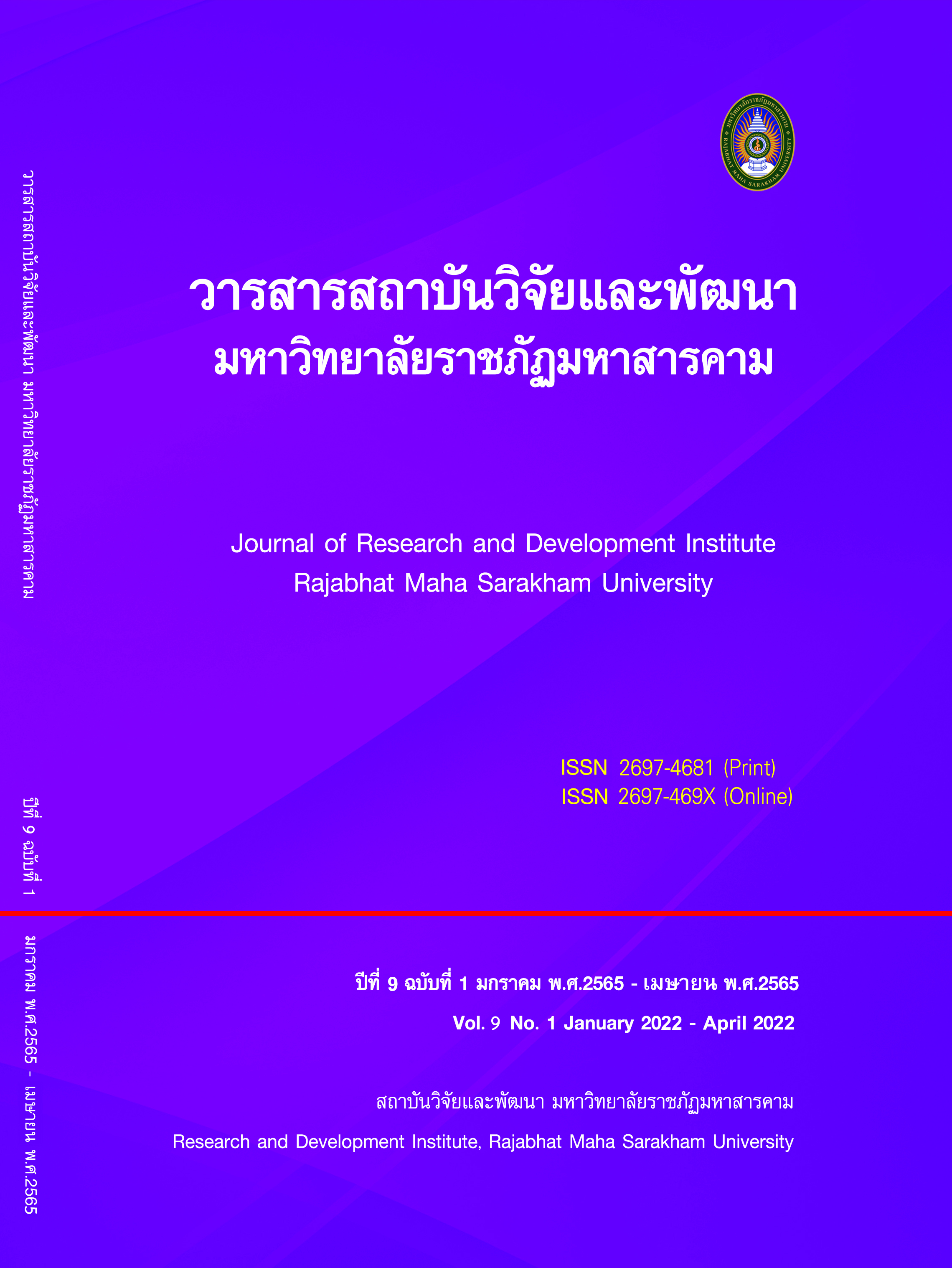Colombia: The Important Model for the Political Decentralization in Latin America
Keywords:
Decentralization, Colombia, Latin AmericaAbstract
Colombia ranks as the third most populous Latin American country next to Brazil and Mexico and the fourth-largest Latin American economy next to Brazil, Mexico, and Argentina. The country has been struggling with economic uncertainty ever since El Libertador, Simón Bolívar, in 1810, entered upon a revolutionary war, declaring independence from the Spanish Empire. (Earle, 2000, 25)[1]. However, Colombia recently succeed in the political decentralization than reduced the violence in the country. Colombia’s democratization based on a ‘power-sharing’ approach to reconcile political organizations and groups to participate in formal politics as conflict resolutions.
References
Alesina, A., Carrasquilla, A., & Echavarría, J.J. (2000). Decentralization in Colombia. Bogotá: Fedesarrollo.
Atehortúa, C., Salcedo, J. & Vidal, R. (2013). Internally displaced outside of camps and the role of local authorities in Colombia: a comparative study of Bogotá and Cali. [Online]. https://www.brookings.edu/research/internally-displaced-outside-of-camps-and-the-role-of-local-authorities-in-colombia-a-comparative-study-of-bogota-dc-and-cali/ [4 November 2021]
BBC. (2012). “Colombia timeline” [Online]. http://news.bbc.co.uk/2/hi/americas/1212827.
stm [2 November 2021]
CIA. (2017). The World Fact Book. [Online]. https://www.cia.gov/library/publications/tje-world-factbook/geos/co.html [2 November 2021]
Collins, C.D. (1988). “Local government and urban protest in Colombia,” Public Administration and Development, 8 (4): pp. 421-436.
Consulado Honorario de la República de Colombia. (1991). Colombia – Political System. [Online]. https://www.colombia.sk/en/contyent/colombia-political-system.
November 2021]
Earle, R. (2000). Spain & the independence of Colombia: 1810-1825. Exeter: University of Exeter Press.
Falleti, T.G. (2010). “Colombia: the subnational dominance path to decentralization in a unitary country”, in Decentralization and subnational politics in Latin America. Cambridge, England: Cambridge University Press.
Food & Agriculture Organization of the United Nations. (2014). Republic of Colombia. [Online]. https://www.ciesin.columbia.edu/decentralization
/English/CaseStudies/colombia.html. [3 November 2021]
Hudson, R.A. (2010). Colombia: a country study. Washington, D.C.: Federal Research Division, Library of Congress.
Negretto, G.L. (2013). Making constitutions: presidents, parties, and institutional choice in Latin America. New York: Cambridge University Press.
OECD/UCLG. (2016). Subnational governments around the world: structure and finance. [Online]. https://www.oecd.org/regional/regional-policy/Subnational-Governments-Around-the-World-%20Part-I.pdf. [3 November 2021]
Downloads
Published
How to Cite
Issue
Section
License
Copyright (c) 2022 Journal of Research and Development Institute Rajabhat Maha Sarakham University

This work is licensed under a Creative Commons Attribution-NonCommercial-NoDerivatives 4.0 International License.
Articles that are published are copyrighted by the authors of the articles







